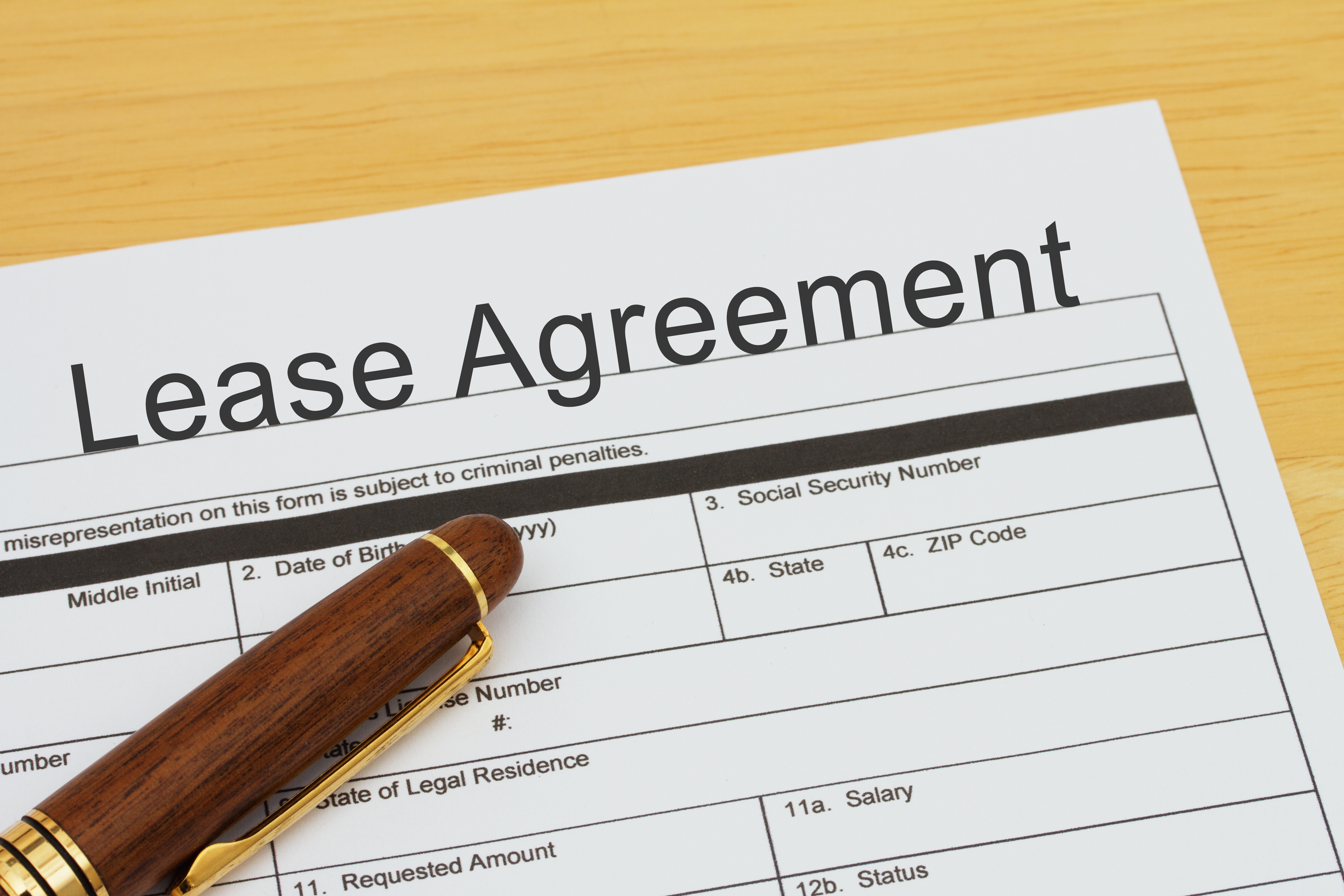19
Apr 2016
Have you got the right lease for this economy?
If leasing a hospitality premises, it is critical to get the lease right or your business will suffer.
Recent data from the Australian Bureau of Statistics shows spending in the hospitality industry has slowed in February 2016 (adjusted for seasonal changes), especially in the Northern Territory (down 1.6%) and Western Australia (down 0.6%). Victoria (up 0.4%), New South Wales (up 0.2%) and South Australia (up 0.3%) fared slightly better.
Whilst the data shows a slowing market, one thing remains constant with any business, rent. Behind staffing costs, rent is one of the largest expenses for any hospitality venue. Therefore, it is critical that the rent payable is sustainable and the other terms and conditions of the lease are appropriate to provide the business with the best prospects of success.
Whether you are looking to extend an existing lease, negotiate a new lease or variations to an existing lease, it is imperative that you are aware of the common leasing mistakes affecting many licensees.
One of the obvious issues that impact on hospitality venues is that the rent is just too much. We are seeing many venue operators still paying high rents which were in place during the ‘boom’ times. Now that the market has slowed, discretionary consumer spending on food, beverages and accommodation have decreased. It is important that licensees are aware of when and how the rent is to be reviewed and importantly is there an ability to have a market rent review. It is not uncommon for licensees to see neighbouring premises for lease with significantly cheaper rents.
Whilst the rent is a key factor, it is not the only matter to take into consideration when negotiating a lease. There can be many clauses within a lease that can directly impact on the success of a hospitality business.
An important one that is often overlooked is whether the lease has appropriate liquor licensing provisions. When a liquor licence is granted for a premises, the licensee holds that licence. However, some leases are silent on the liquor licence whilst some provide that the licensee has to transfer the liquor licence to the lessor for no cost at the end of the term. Not only are liquor licences valuable, they are difficult to obtain, so it is imperative that the lease clearly sets out what happens to the liquor licence.
Another matter which causes confusion for new licensees is the how long should the term of the lease be. Obviously this needs to be assessed on a case-by-case basis, however, we are seeing a shift away from longer terms, to shorter terms. The key factor is the number of options granted. A lease with five options of four years each, is (generally) better than a lease with two options of ten years. Not only does it provide the ability to exit the premises earlier but it also enables some negotiation of the lease terms as part of any extension. This benefits the licensee, who has the option of whether to extend the lease or not, providing security of tenure, without being locked in.
If you find that you are locked into an unfavourable lease don’t let things spiral to uncontrollable levels. Some landlords understand the difficulties faced by tenants and appreciate the difficult situation they will be left in with a vacant premises. Even if you do not have a legal right, you still may be able to renegotiate better terms. Often we seen ratchet clauses where the rent cannot come down or very long terms where the terms and conditions are locked in and rent continually increasing. But as we are seeing, the economy is changing, so it is important to be able to review and vary the lease as the economy changes.
Licensees must take a proactive approach to provide the best chances for their business to survive. These are just some of the important terms that you need to get right when negotiating a lease.
Ryan & Co Solicitors can assist licensees in their lease negotiations. Jarrod Ryan or Alyce Cassettai can be contacted on (08) 6166 9000.
